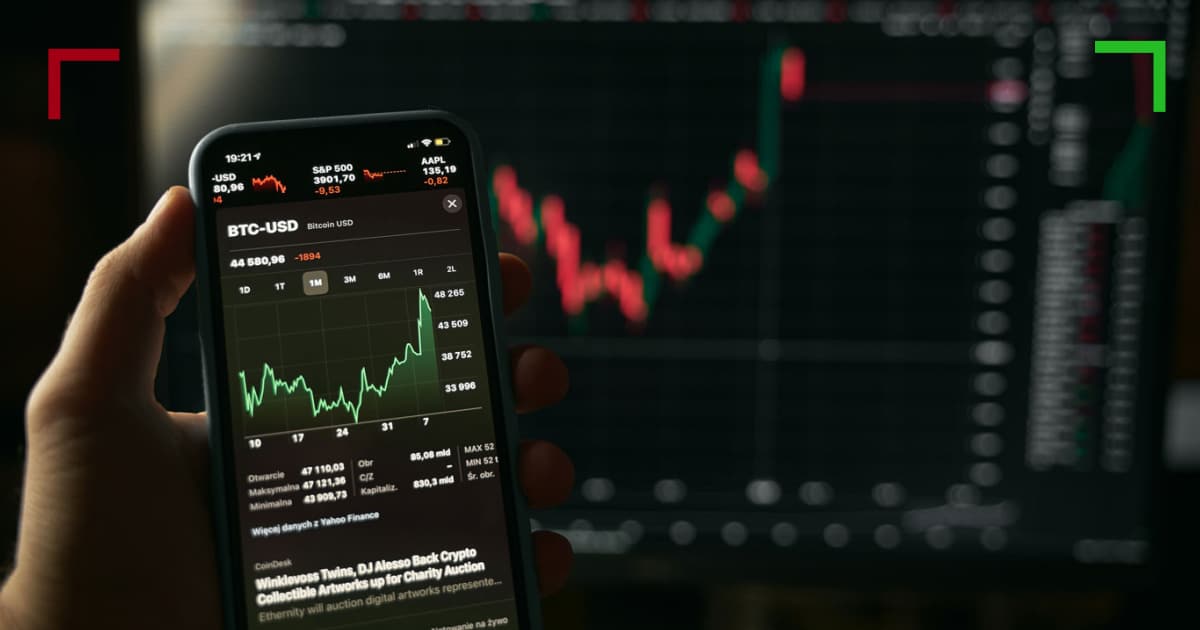
Understanding Crypto Trading Risk: Strategies for Success
In the rapid and volatile world of cryptocurrency, understanding Crypto Trading Risk http://kingranks.com/psychosomatic-disease-the-mind-body-connection-376/ is essential for both new and experienced traders. With the potential for high rewards, the risks associated with trading cryptocurrencies can also be equally substantial. This article aims to delve deeply into the various facets of crypto trading risk and provide actionable strategies to safeguard your investment.
What is Crypto Trading Risk?
Crypto trading risk encompasses the uncertainties and potential losses that traders face while engaging in the buying and selling of cryptocurrencies. Unlike traditional markets, the crypto market is open 24/7, which can amplify both gains and risks. Factors such as market volatility, regulatory changes, and security threats contribute to the overall risk of trading in this sector.
Types of Risks in Crypto Trading
1. Market Risk
Market risk is the potential for an investor to experience losses due to fluctuations in the market value of a cryptocurrency. The crypto market is notoriously volatile, with prices capable of swinging dramatically in a short period. Events that can lead to market risk include technological changes, market sentiment shifts, and macroeconomic factors.
2. Regulatory Risk
Regulatory risk refers to the possibility that changes in laws or regulations governing cryptocurrencies may adversely affect your investments. As governments worldwide continue to evolve their stance on cryptocurrency, traders must stay informed about current and emerging regulations.
3. Security Risk

Security risk involves the potential loss of your funds due to hacking, phishing attacks, or other cybersecurity threats. Since cryptocurrencies are digital assets, they are susceptible to theft and fraud. It’s essential for traders to implement robust security measures, such as two-factor authentication and hardware wallets, to protect their holdings.
4. Liquidity Risk
Liquidity risk is the risk of not being able to buy or sell an asset without causing a significant impact on its price. In less liquid markets or for smaller cryptocurrencies, it may be challenging to enter or exit positions without experiencing slippage or delays.
5. Technology Risk
Technology risk pertains to the potential failures in the cryptocurrency technology infrastructure, including software bugs, network outages, or protocol mishaps. Traders who rely on automated trading systems might face additional risks associated with technical failures.
Strategies to Mitigate Crypto Trading Risks
1. Conduct Thorough Research
Before investing in any cryptocurrency, perform in-depth research about the asset, its underlying technology, and market performance. Understanding the fundamentals will help you make informed decisions and identify potential risks.
2. Diversification
Spreading your investments across various cryptocurrencies can reduce the impact of market volatility. A well-diversified portfolio can improve overall returns while managing risk levels.

3. Risk Management Techniques
Implement risk management strategies, such as setting stop-loss orders and taking profits at predetermined levels. These measures can help protect your capital by automatically closing trades at your specified price levels.
4. Stay Updated on Regulatory Developments
Continuously monitor the regulatory landscape as it relates to the cryptocurrency market. Being aware of changes can help you anticipate potential impacts on your trading strategies and adjust accordingly.
5. Invest Only What You Can Afford to Lose
Given the inherent risks in cryptocurrency trading, only invest money that you can afford to lose. This principle can help alleviate emotional stress and allow for more rational trading decisions.
The Psychological Aspect of Trading
Psychology plays a crucial role in trading success. The fear of losing money can lead to impulsive decisions, while overconfidence can result in taking on excessive risk. Traders must maintain discipline and manage their emotions effectively. Implementing strategies such as setting trade goals, keeping a trading journal, and practicing mindfulness can enhance your trading mindset.
Conclusion
The landscape of cryptocurrency trading is fraught with risks, but understanding and managing these risks is essential for achieving long-term success. By implementing robust risk management strategies, staying informed, and maintaining a disciplined trading approach, you can navigate the intricate world of crypto trading more effectively. Remember, the key to success lies not just in making profitable trades, but in protecting your capital and managing risks wisely.
